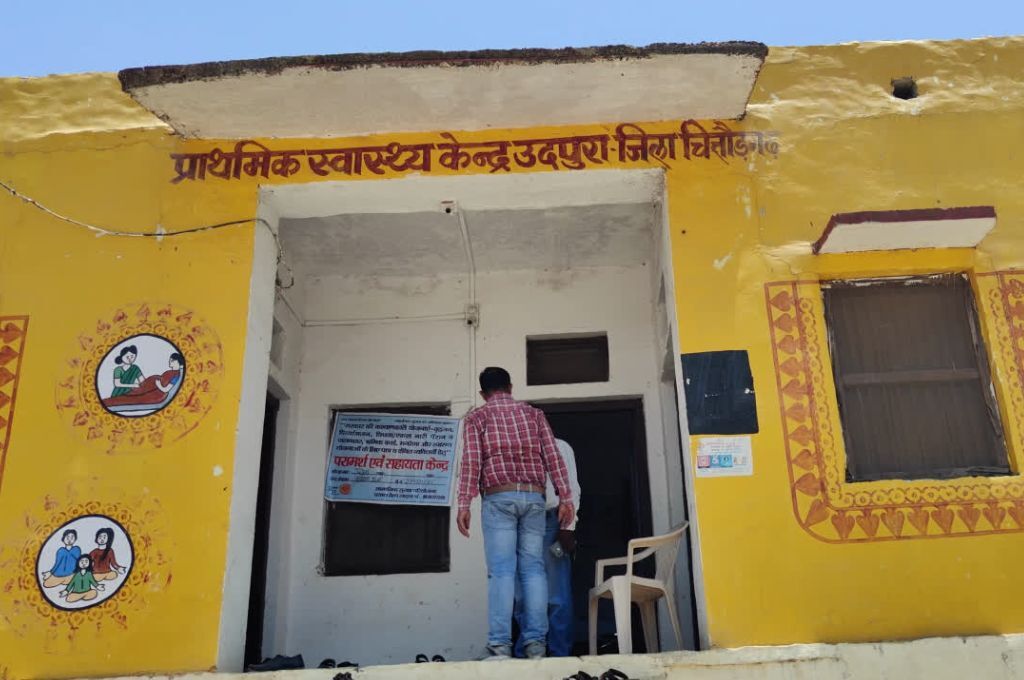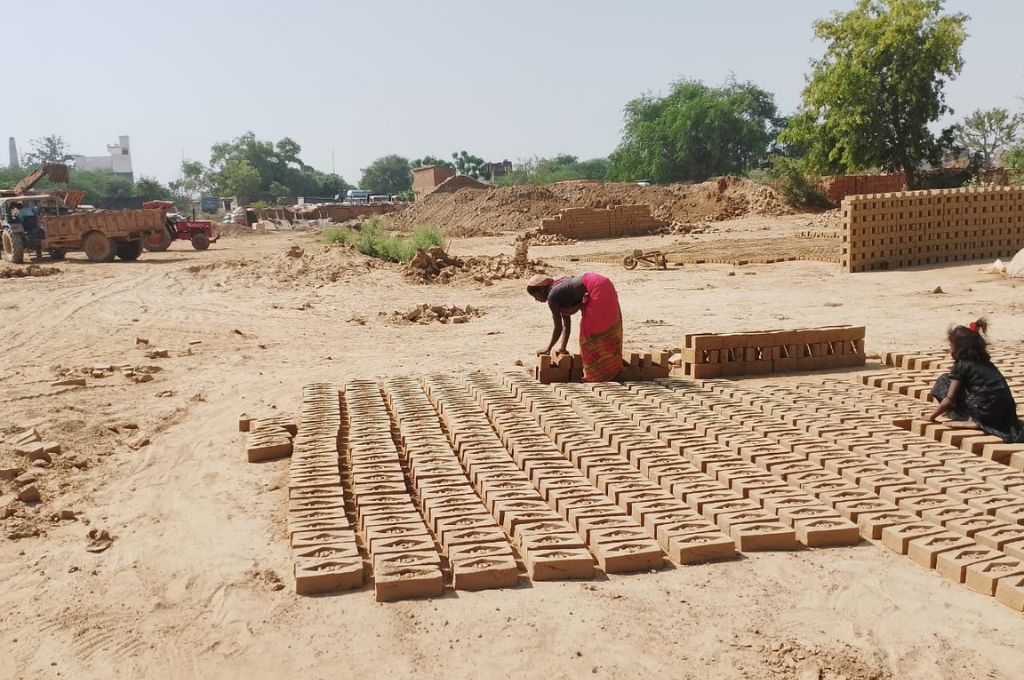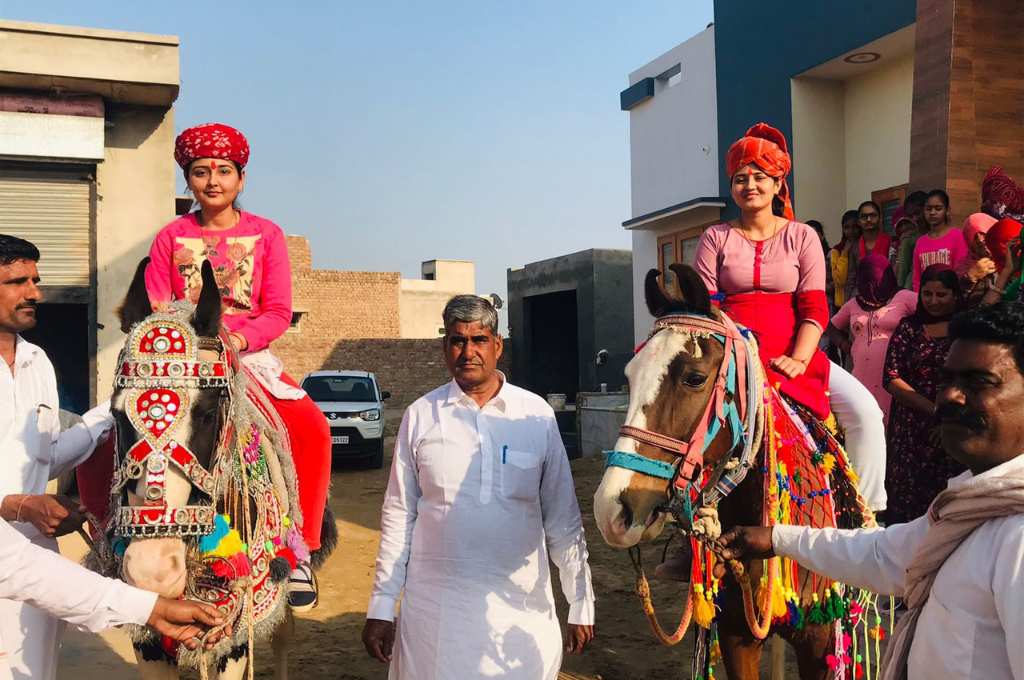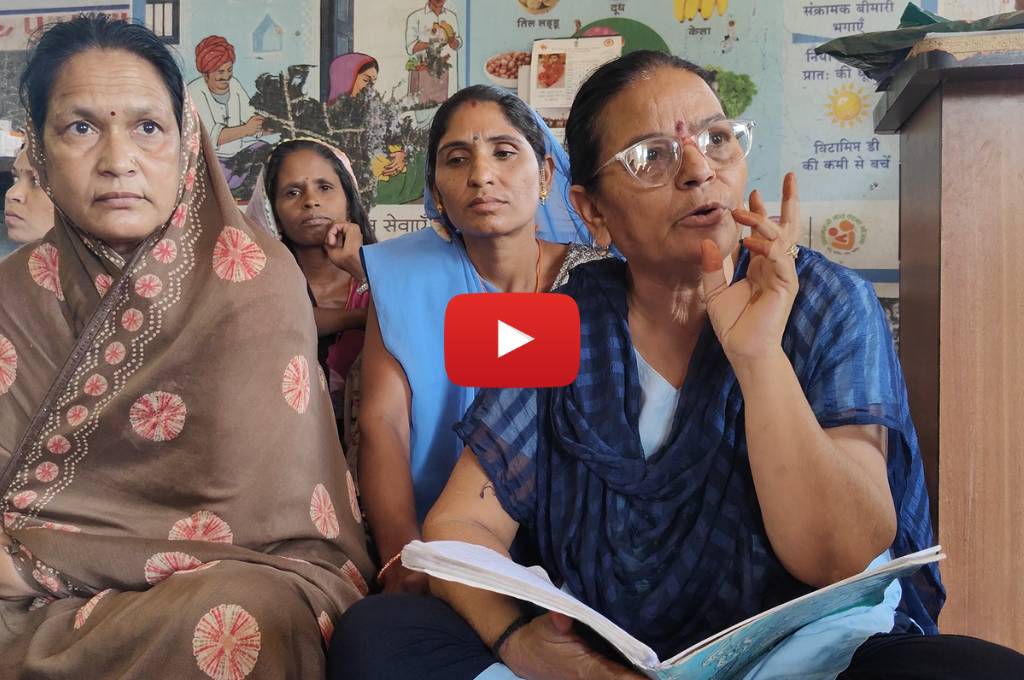READ THIS ARTICLE IN
Mediating peace with a flying disc: Ultimate frisbee in Assam
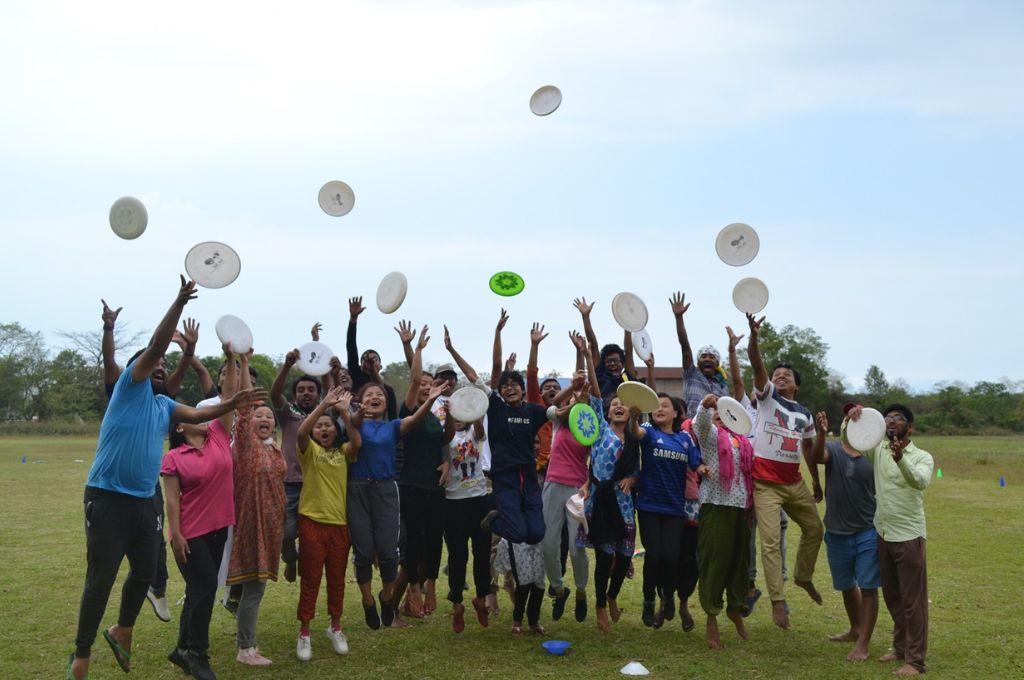
In Assam, Bodos and Adivasis have lived in neighbouring villages for decades, with the Bodo villages being closer to the Bhutan border. The Adivasis are mostly wage labourers and have to cross the Bodo villages to go to work; the Bodos, who survive by selling their farm produce, need constant access to the market, for which they have to pass through the Adivasi villages.
Whenever there’s a violent conflict between the two factions, livelihood activities come to a standstill. It was no different in 2014, when many people lost their lives in ethnic clashes between the communities in areas such as Chirang district. Peace was a necessity, but achieving it would require the communities to have conversations with each other. This is when sports emerged as a unifier.
The popularity of sports across communities in the region was something many locals and nonprofits working in the area decided to leverage. People used indigenous games such as wrestling to bring Bodos and Adivasis under the same roof because they already knew how to play it. But there was also ultimate frisbee—a sport the locals had never played—that became very popular very quickly.
The game was an import. In 2015, I heard from a friend that Anish Mukherjee, a Gandhi Fellow who was well versed in ultimate frisbee, wanted to work with communities in Assam. We got in touch with him to learn how the game could be used to resolve conflicts. Ultimate frisbee was very new to Chirang, and brought along ideas that the conflict-ridden communities urgently needed. For example, boys and girls had to play together and age was no bar; soon, mothers and sons and brothers and sisters were playing together. There are no referees, so team members had to collectively arbitrate and solve issues that emerged during the game. This was a particularly valuable exercise in an area with ethnic hostilities. There is also the concept of a ‘spirit circle’—before every game, players huddle together to strategise, which fosters communication.
This wouldn’t have been possible with a game like football, which the communities have preconceived notions about. Ultimate frisbee was untouched by the norms of gender, religion, and linguistic identity, and the facilitators could improvise on the rules of the game.
We set a rule that each team should represent three mother tongues and three religions. Boys and girls who had never been to villages outside their own were forced to go and convince people to join their team.
Jennifer Liang is the co-founder of the ant, a nonprofit that works on rural development in Assam.
—
Know more: Learn how wrestling helped in combating alcoholism among young Bodo people in Assam.
Do more: Connect with the author at [email protected] to learn more about and support her work.
